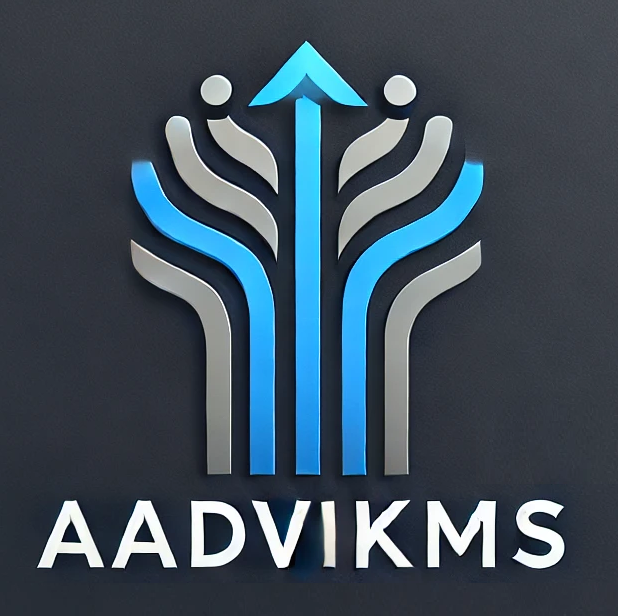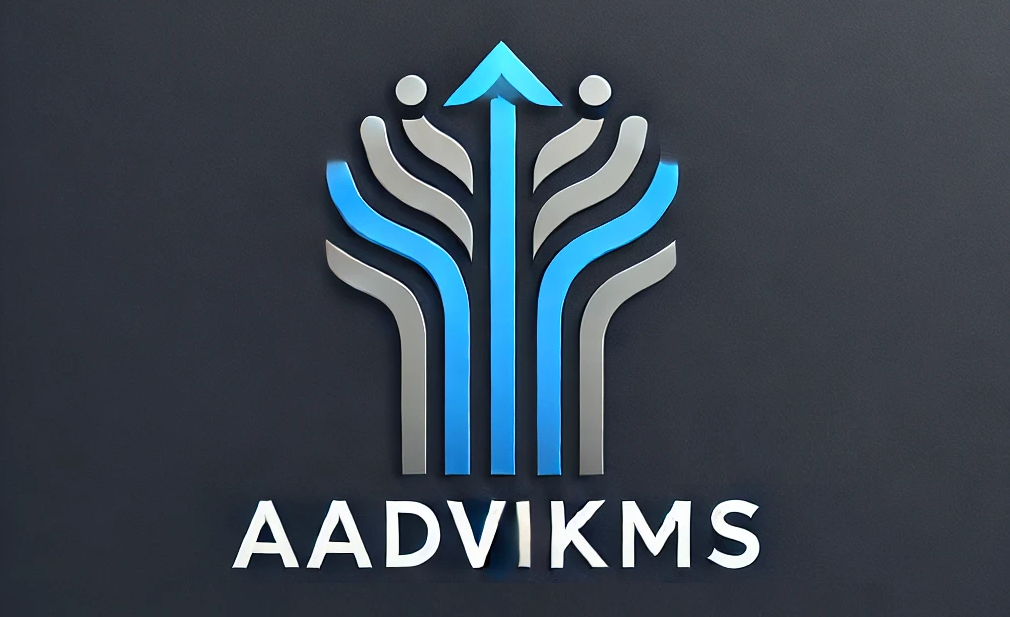Here’s a list of interview questions suited for a fresher CA/CMA, covering basic technical knowledge, analytical skills, and adaptability. These questions are designed to assess foundational knowledge, problem-solving abilities, and the candidate’s understanding of finance and taxation principles.
Basic Accounting and Finance Knowledge
- What are the fundamental principles of accounting? Can you explain each briefly?
- How does the accrual basis of accounting differ from the cash basis?
- What are the main differences between financial accounting and cost accounting?
- Can you explain the concept of working capital and its importance in a business?
- What is the purpose of a balance sheet, and what are its main components?
- Explain the difference between a profit and loss statement and a cash flow statement.
- How do you calculate EBITDA, and why is it important?
Costing and Management Accounting
- What are fixed, variable, and semi-variable costs? Give examples of each.
- How would you approach a cost-benefit analysis for a new project?
- Can you explain the concepts of marginal costing and absorption costing?
- What is break-even analysis, and why is it important for businesses?
- How do you determine the contribution margin, and what does it indicate?
- Explain what is meant by variance analysis and how it can be useful in budgeting.
Basic Taxation Knowledge
- What are the primary differences between direct and indirect taxes?
- Can you explain the concept of Goods and Services Tax (GST) and how it is applied?
- What is input tax credit, and how is it calculated under GST?
- What do you understand by tax planning, and why is it important?
- Explain the process of filing an income tax return for individuals.
- What are some common tax deductions available to salaried employees?
Auditing Fundamentals
- What is the primary objective of an audit?
- Can you explain the difference between internal and external audits?
- What is a risk-based audit, and why is it important?
- How would you ensure accuracy and compliance in an audit report?
- Explain what you understand by the term “materiality” in auditing.
- What steps would you take if you identified an error during an audit?
Analytical and Problem-Solving Skills
- Describe a time when you identified a financial error. How did you address it?
- How would you handle a situation where you had incomplete data for analysis?
- If given a set of financial statements, how would you assess a company’s financial health?
- What techniques would you use to analyze cost-cutting opportunities in a business?
- How would you approach a situation where you need to solve a problem under tight deadlines?
Adaptability and Willingness to Learn
- How do you stay updated with changes in accounting and tax regulations?
- What do you do if you encounter a topic or area you are unfamiliar with in your work?
- Describe a challenging concept you recently learned. How did you understand and apply it?
- What steps do you take to ensure accuracy in your work as a fresher?
- How would you prioritize multiple tasks assigned to you in a high-pressure environment?
Technology and Software Skills
- What accounting software or tools are you familiar with?
- How comfortable are you with Microsoft Excel? Can you describe some functions you use regularly?
- Have you used any ERP (Enterprise Resource Planning) systems? If so, which ones?
- How do you think technology is impacting the accounting and finance industry?
- What would you do if you had to learn new software quickly for a project?
Communication and Teamwork
- Describe a time when you had to work as part of a team to complete a project.
- How would you explain complex financial information to someone without a finance background?
- What steps would you take if you disagreed with a team member on a financial analysis?
- How do you approach constructive feedback or criticism in a work setting?
- Describe a time when you had to communicate a challenging idea or solution.
Personal and Career Development
- What motivated you to pursue a career as a CA/CMA?
- What are your short-term and long-term career goals in finance?
- How do you handle stressful situations or tight deadlines?
- What do you think is the most challenging aspect of being a fresher CA/CMA?
- What unique qualities or skills do you bring to this role as a recent CA/CMA graduate?
These questions help interviewers understand a fresher’s grasp of key concepts, adaptability to real-world scenarios, and foundational skills necessary for an entry-level CA/CMA role.

